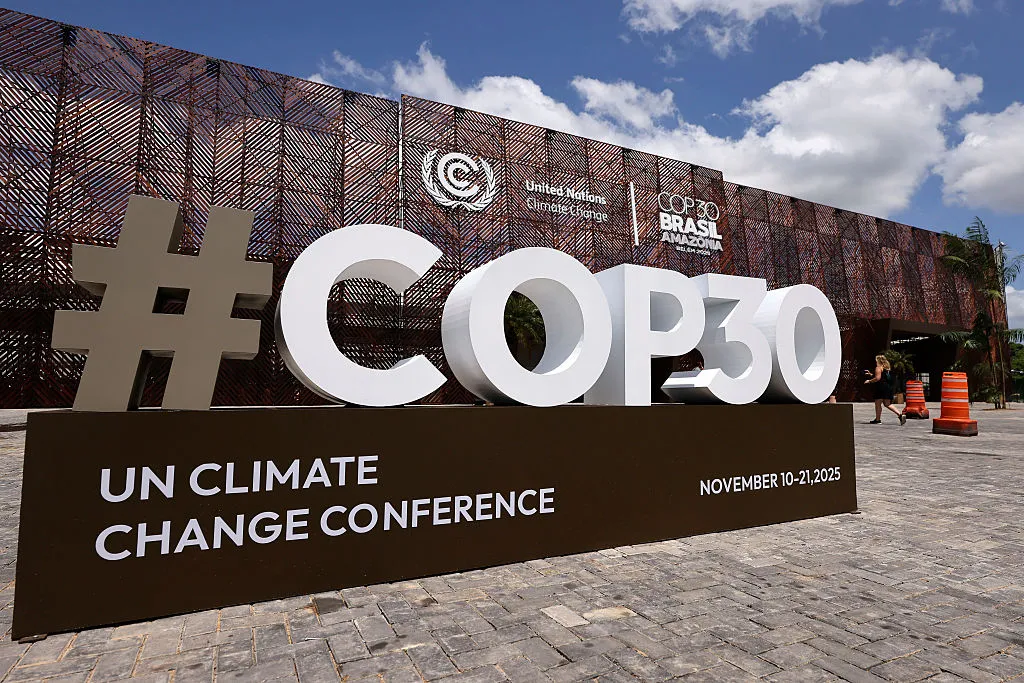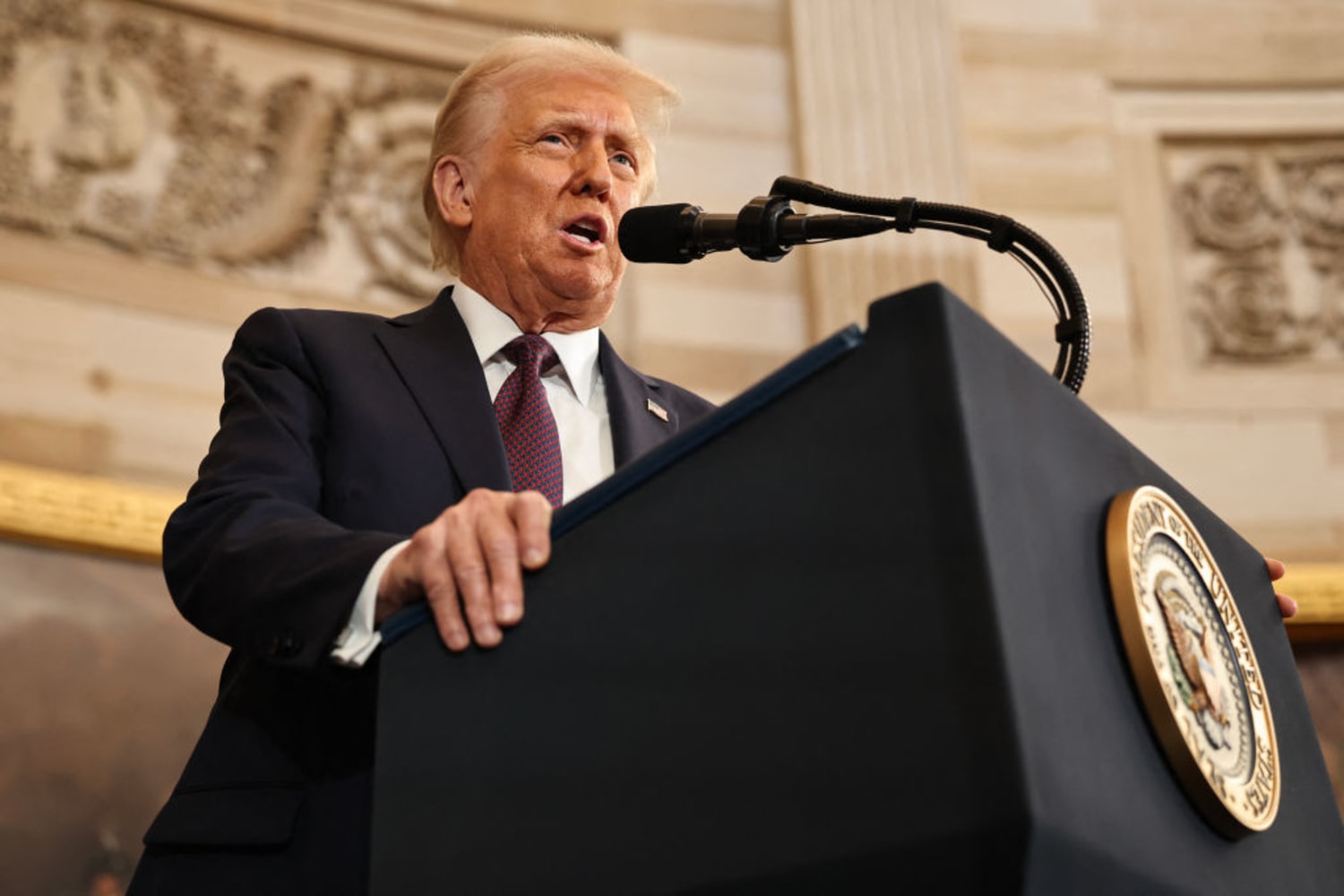Limited participation in global climate negotiations
The United Nations Climate Change Conference (COP30) is taking place in Belém, Brazil, bringing together most of the world’s nations to address ongoing climate challenges. Over two weeks, participants will discuss collective strategies to reduce greenhouse gas emissions and adapt to environmental risks. This year, the United States will not play an active role, as the current administration has chosen not to send senior officials, signaling a major shift in the country’s climate policy.
A shift in environmental priorities
Since early 2025, the Trump administration has taken a different approach toward international climate commitments. In January, the U.S. withdrew from the 2015 Paris Agreement, a global accord aimed at keeping global warming below 2 degrees Celsius. Climate experts warn that this withdrawal may slow global progress and could lead other nations to reconsider their own goals.
Key changes in U.S. climate policy
Among the most notable changes is the rollback of long-standing regulations on emissions and environmental protection. The Environmental Protection Agency (EPA) has proposed eliminating the 2009 “endangerment finding,” which identified greenhouse gases as harmful to public health and served as the foundation for many federal climate policies.
The administration has also reduced federal incentives for renewable energy projects and ended several tax credits supporting solar and wind power. Funding for climate research and disaster-preparedness programs has been significantly cut, affecting agencies such as NASA and NOAA. In addition, more than $4 billion in federal disaster grants were canceled, leaving states responsible for much of their own preparation and recovery efforts.
Global and domestic implications
Analysts suggest these policy changes may hinder U.S. progress on reducing emissions and weaken international cooperation. While the administration argues that its focus is on protecting national interests and economic growth, many observers believe that the reduced engagement could impact the global response to climate change. As COP30 unfolds, the world will be watching to see how the absence of the United States influences the pace and direction of international climate action.


